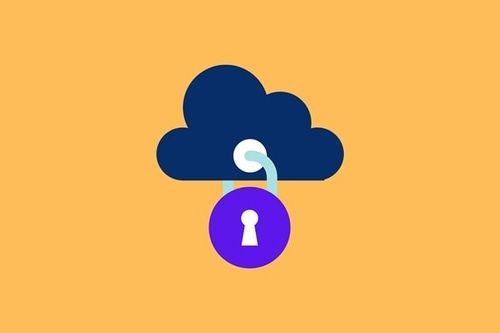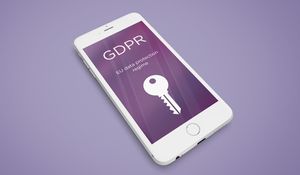If you care about privacy, you must have heard about zero-knowledge cloud storage services. What are they? What is this “zero-knowledge cloud storage” thing everyone is talking about? As you’ve guessed, it's all about privacy and cyber-security. Think about it. What makes you so sure that nobody is prying into your stuff? After all, the Cloud is just a fancy name for someone else's computer. Sure: they may be "servers" in some remote “data center”, but still: they are computers - their computers - storing your private information. Right?
Well... it’s actually a little bit more complicated.
In a nutshell, zero-knowledge cloud storage refers to your cloud storage provider having zero knowledge of the content of your files. This means that your provider doesn't own the encryption keys of your files and therefore can’t access them.
Usually, cloud providers like Google and Dropbox know exactly what you have stored. And I mean - exactly. How do you think that Google can predict your behavior so well if not by knowing literally everything about you? Data: that’s the secret ingredient of the traditional cloud service recipe.

Most cloud users never upgrade their cloud storage plan. They are, to use a nice term from economics, free riders. What it means is that they use all this computing power without ever putting out a dime. You think Google and friends are going to let these people use their services for free? What are they, a charity? Don’t fool yourself. There's a reason why Don't Be Evil is not Google's motto anymore.
Related reading: Cloud storage privacy & security: 7 things to consider
So, it’s all about ads, you ask? No, it’s not simply about ads. There’s more. In fact, there are at least 3 reasons why you should stop using traditional cloud services and start using a zero-knowledge cloud storage like Cubbit right away.
Let’s start.
#1 You always know who has access to your files
This is pretty straightforward: if you use a zero-knowledge cloud storage service you always know who has access to your files and who doesn’t. This may sound obvious, but it’s anything but. When you use Google Drive, for instance, you think you know who has access privilege. The tricky part is: you think. But most times, though, all that glitters is not gold.
Why? Two reasons. First: since Google keeps your encryption keys on their servers, you never know if the only humans reading your stuff are those you shared it with. Like most cloud providers, Google is based in the US, and is therefore forced by the CLOUD ACT to share its data if requested. Vice versa, a zero-knowledge cloud storage platform like Cubbit cannot possibly share your data, not even if the provider actually wanted. No matter the amount of force, it’s impossible to compel a piece of software to obey.
Second: AI. At the end of the day, Google is an advertising company, and you are the product. And it’s not alone. The way Big Tech makes money out of you is by using your data to profile you and then sell you the highest bidder. Or, to put it nicely - they “run ads”. But if you store your data in Cubbit, nobody can look at them without your consent. Meaning: nobody can use that data to profile you and trick you into maxing out your credit card. You know that sense of infinite creepiness when you store your kid photo in the Cloud and then you see diapers everywhere? That.
With a zero-knowledge cloud service like Cubbit you decide whether to share a public or private link and you’re always in control.
Related reading: What is secure file transfer & why it changes the game
#2 Trust (that's the beauty of zero-knowledge cloud storage)
You care about privacy, I guess. If you didn’t, you wouldn't be reading this post, would you? If my conjecture is right, then you understand the relationship between privacy and trust. According to Merriam Webster, privacy is "the quality or state of being apart from company or observation" - in other words, "freedom from unauthorized intrusion."
So basically, privacy is the option to close the door. You see where I’m going with this? The difference between a traditional cloud storage service and zero-knowledge cloud storage is the same difference between trusting your mother not to open your room’s door and actually locking your door. Or, put it another way, with Big Tech you’re trusting your provider, while with Cubbit you have the key.
Related reading: How to protect your privacy online: 5 actionable tips!
If you read Google's propaganda, of course, they're gonna tell you that sure, they keep your files private and yada yada yada. What they don't tell you, however, is that the files you store in their servers, although client-side encrypted, are not actually private, as you give Google your encryption keys. And as the saying goes, not your keys, not your files.
Now, the question that naturally comes to mind is: do Google and friends deserve your trust? The answer is very simple: no. Google is not your friend. Never was. Just read the headlines! Year after year, data centers are more and more like Swiss cheese. And yet, after so many breaches of confidence, corporate propaganda and mainstream media keep depicting them in the best possible light. Everybody knows there’s no privacy anymore, but nobody gives a damn.
In fact, the more we go on, the more sinister these privacy violations become. Just recently Mountain View was caught red-handed when it was discovered that Big G tracks your location 24/7 if you explicitly disable location tracking in the settings. As a matter of fact, Google’s attempts at systematically invading your privacy despite your best effort to avoid that are so effective that even Google employees were shocked.
Do you really want to put up with this?
#3 Freedom of speech
I know this is a bit of a stretch, but hear me out. What is freedom of speech? It's the right that guarantees that the government won't punish you for your speech. You want to hold a protest against your own country? There’s no stopping you. According to the US constitution (and many others around the globe), there (almost) is no sacred cow you can't talk about.
But what if there is? Public consensus on what is acceptable and what is not always changes, and lately the number of people that agree with Voltaire’s “I disapprove of what you say, but will defend to the death your right to say it” is declining. For instance, you may think that misinformation deserves an exception to Voltaire's principle. By this logic, who knows what you will itch to censor tomorrow morning. As Paul Graham puts it, you never know what you can’t say. Morality, after all, is as impermanent as fashion.
This is where zero-knowledge cloud storage steps in. With Google and friends, you're putting all your data into one basket: the government basket. And I don't mean the US government. I mean any government, as they share data with each other. Do you really think that your "private" information stays on your provider's server without law enforcement getting access to that? And I don't mean the law enforcement of your country - I mean foreign law enforcement and governments. In this sense, traditional cloud storage is a censorship enabler.
With Cubbit, on the other hand, no one has access to your data but yourself. If any government asked us to see what you store in your Cubbit folder, we simply could not comply.
These are the reasons why you have to switch to a zero-knowledge cloud storage. In this regard, Cubbit is the most private one, as we don't simply make it impossible for anyone including us to pry into your stuff, we also use peer-to-peer technology and AI to minimize the attack surface and ensure that no malicious attacker could ever crack into your fortress.
At the end of the day, a zero-knowledge cloud storage is not simply about keeping your wedding photo private. It's about fixing a power imbalance.
Privacy, they say, is a human right. We couldn’t agree more.
Still not convinced about zero-knowledge cloud storage? Try Cubbit for free for 30 days — no credit card required!








